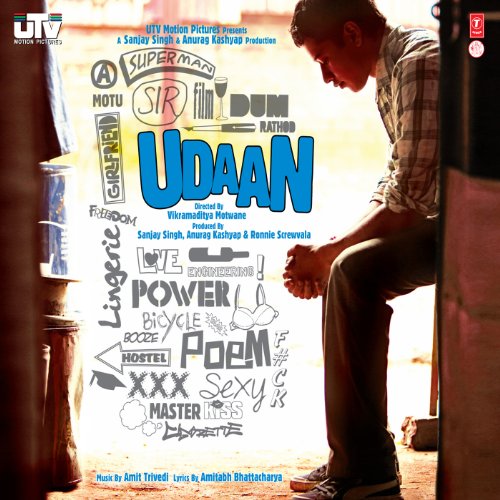
Author : Martha Grimes
Publisher : Viking Adult
Genre : Mystery
Pages : 336
Rating : 3.5/5
Source : Publisher ARC
“The Fadeaway Girl” is a the 4th book of the Emma Graham Series. I haven’t read the first three so this was my first introduction to our 12 year old protagonist. In this book Emma attempts to solve the mystery behind the disappearance of baby Fey, while writing a chronological account of the strange crimes in Cold Flat Junction, for the newspaper where she is junior reporter. The crime happened more than 20 years ago, so memories are jaded and clues unavailable.
Now, while Grimes writes well, the beauty of a first-rate mystery novel (which this probably is) was slightly marred for me because there are too many back-references to events which happened in the previous books. Also, there are a lot of characters in this book, all of whom Emma interacts with. I do get a feel for them, but apparently they have appeared in the first 3 books in the series, so Emma already has established connections with them – all of which I’m not privy to because I’m jumping in at Book #4. The above two problems left me feeling a little left in the dark, and frustrated – kind of like I had missed the first half of a really intriguing film.
The good news is that I still liked this book – an ode to Grimes’s skill. Grimes has unusually detailed descriptive powers, something I look for in an author and appreciate a good deal. But it is not just pure description which appeals here, but the author’s prowess in putting it across in a human, specific point-of-view way. By giving her characters such (and you could call them judgemental) voices she delineates them in a way that mere detail wouldn’t. Here’s a sample :
Her plainness was emphasized by her clothes. She wore a brown dress, the color of the house. And it had a small collar at the neck, with white piping like the trim. Her hair was almost exactly the brown of the dress and the house. It was pulled back into an old-fashioned bun. Her face had what my mother called “good bones”. But they weren’t good enough for prettiness.
Since the book is told from Emma’s perspective, we get a good look-see into Emma’s head. And an unusual head it is. Emma is precocious for her age, and busy – sleuthing around, waitressing at her mother’s hotel and being a junior reporter. Her keen powers of observation mix nicely with her humorous take on events :
In the kitchen, my mother, far from having fits, was measuring some infinitesimal amount of flavoring into a sauce with a pink tinge (her Shrimp Neuberg, possibly), holding up a tiny spoon like a scientist in a lab, then tapping the spoon lightly and observing the dusting of whatever it was that drifted down on her sauce. If Dr. Jekyll had been this careful with his potion, he might not have turned into Mr. Hyde.
Way too smart for her age, Emma is curious, unafraid, and appreciative of the good things in life (her mother apparently, is quite the cook):
I realized these were stupid thoughts and extremely unsympathetic. I should learn to be more sorry for people who didn’t have the great advantages I had, like my mother’s chicken pot pie, which I think was on today’s menu.
As she goes about her daily chores, which range from keeping Great Aunt Aurora satisfied with her daily servings of alcohol, to travelling around her little town asking questions of wary people, Emma forms opinions and expresses them in witty forms.
“Do anything interestin’ today?”
I hated open-ended questions like that; the questioner didn’t care about the answer, only that the burden of conversation got to the other person, so the one asking could sit back and not do anything (and then call himself a good listener): “You’re a mountain climber? Tell me about it!” “You play the oboe? Tell me about it!” “You murdered your children? Tell me about it!” Here I pictured the questioned one, Medea, plunging a knife into the questioner’s chest and answering, “That’s pretty much it.”
I liked this book, despite the problems I mention above. Grimes’s fans have a treat in store, and to the uninitiated – read the series in order; you will enjoy it a great deal more.






 [/amazon_link]Here’s another poem from Udaan (
[/amazon_link]Here’s another poem from Udaan ( [/amazon_link]I recently reviewed the film
[/amazon_link]I recently reviewed the film 
